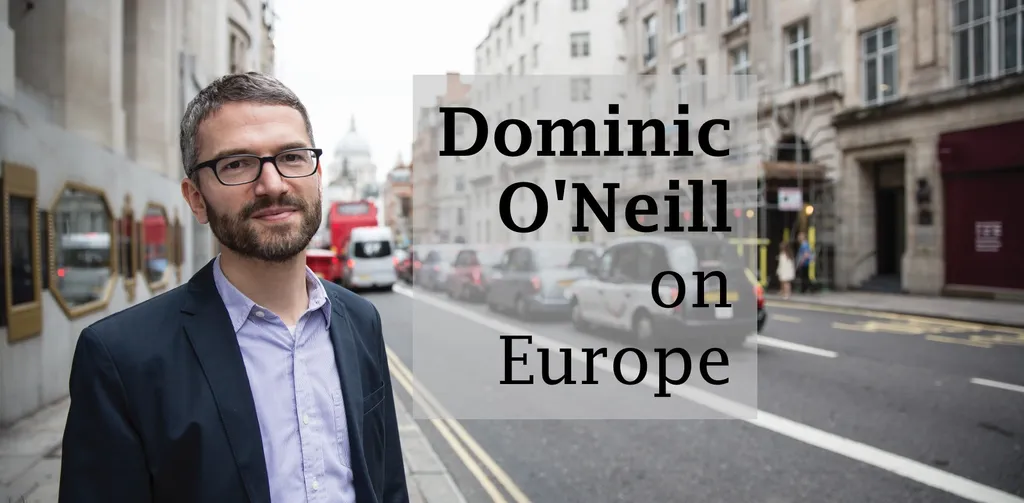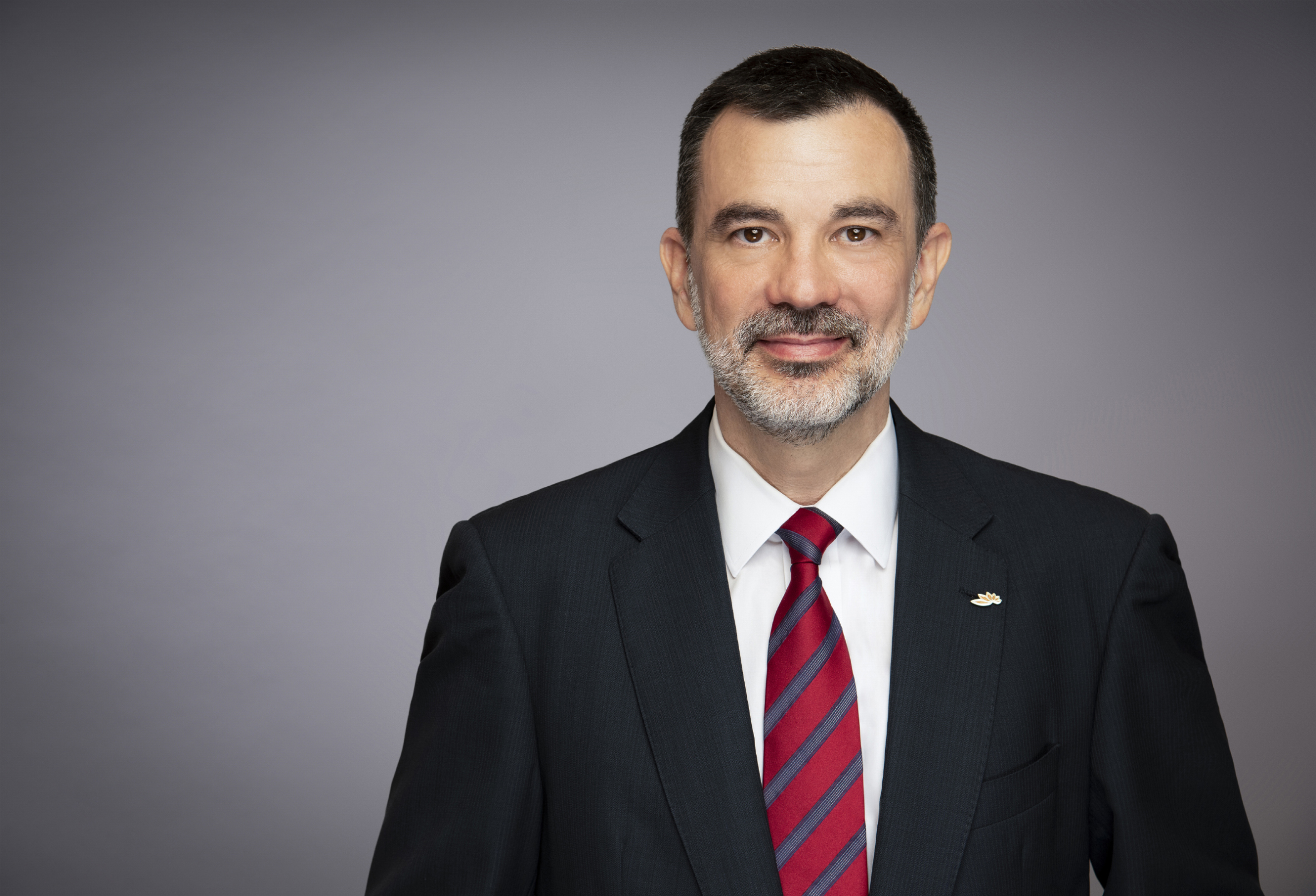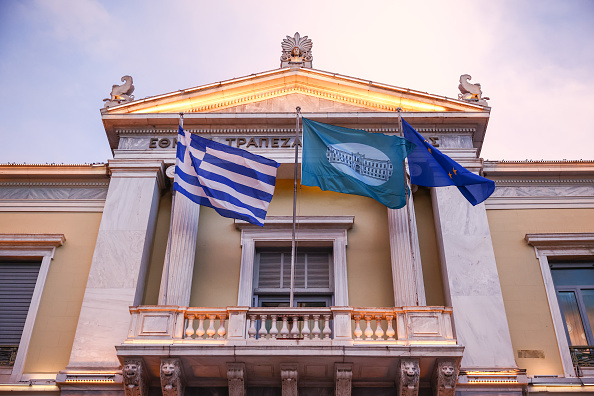The wave of bank M&A sweeping Europe has been good for healthier banks to date.
However, it has not fixed the deepest problems in the sector: zombie banks, loaded down with legacy problems, whether operational, legal or most commonly – especially after Covid – in their loan books.
Take a look at the list of takeovers that have been agreed or launched. Then take a look at a list of parallel would-be deals that have been abandoned, or which have been widely rumoured, and have so far come to nothing – making fire sales or state-led rescues likely.
Thanks for your interest in Euromoney!
To unlock this article:




